NFL rookie wide receiver John Ross knows something about staying ahead of his competition.
He ran the fastest 40-yard dash ever at the in NFL Scouting Combine, in a blazing-fast 4.22 seconds, ranking as the second-best wide receiver prospect by Sports Illustrated in 2017 before he was drafted ninth overall by the Cincinnati Bengals.
Despite his talent, Ross has had more than his share of injuries that have threatened to slow him down. First, a torn ACL in college while playing at the University of Washington, then a torn labrum in his shoulder, and then a knee injury and a re-injured shoulder that kept him out of most of his first season with the Bengals.
Known as a kick-returner and big-play receiver in college, he fought back from injury to become a star, garnering second-team All-American honors and first-team All-Pac-12 accolades, with 81 catches for 1,150 yards and 17 touchdowns, which tied him for second most in the nation.
But the Long Beach, California, native has always been an overachiever, and he’s committed to getting healthy so he can show fans and prove to himself what he can do in the pros.
When he’s not being inspired by NFL Hall-of-Famer Jerry Rice, he’s studying game film. He’s also proud to have received his college degree this past June after leaving college early to enter the 2017 NFL draft.
“Always believe in yourself and beat the odds,” he wrote on his recent Instagram post about the accomplishment. “Remain humble and don't be become a statistic. Make your family proud and be something special — it's in you!”
GOOD caught up with Ross to find out how he stays motivated during the tough times.
Did you play a lot of sports growing up?
I didn’t get a chance to play a lot of sports as a kid. Being an inner-city kid in Long Beach, we would play a lot of “made-up” games. We would have to be creative and use our imagination. I lived with my grandmother, and so all the kids in the neighborhood, and the grandkids would play. But I didn’t get to play much in the way of organized sports other than football. I started playing when I was 7 years old. I played a lot of positions because I could run: quarterback, running back, receiver, tight end, and safety.
Who helps you to keep going when you’re burnt out or injured?
Definitely my grandmother. She would always keep me level-headed growing up and help me to block out the noise. Also, my teammates, Brandon LaFell and A.J. Green, and of course, my family. The easiest way to overcome something is to try to sit back and relax.
What’s your nutrition routine like as you work on injury recovery?
I haven’t bought into the vegan fad that some other players have, but I do try to eat healthy and prioritize sleep. When I came across the local water brand Essentia while I was in college in Washington, I was blown away by it and became a brand ambassador. It’s an ionized alkaline water with a 9.5pH or higher, which is great for rehydration. Some athletes might not pay attention to that, but being at the university I was, our nutritionist would talk a lot about the pH level. She talked about the importance of alkaline water and not having so much juice or so many sports drinks. It’s especially important to be able to use alkaline water in the situations we’re in [in Cincinnati] with the humidity and things like that to prevent cramping in the body and to improve and speed up rehydration. Especially for wide receivers, we have to stay energized and can’t risk cramping up on the field.
What are you most passionate about off the field?
I was in a Big Brother program in college. We would go every Tuesday and visit with kids in at-risk areas and do activities together. I’ve also had the opportunity to do two toy drives since joining the Bengals: one in Cincinnati and one back home in Long Beach. My dream is to one day start a boys and girls club and to start a youth football club. No matter what position I’m in, it’s always good to give back.
















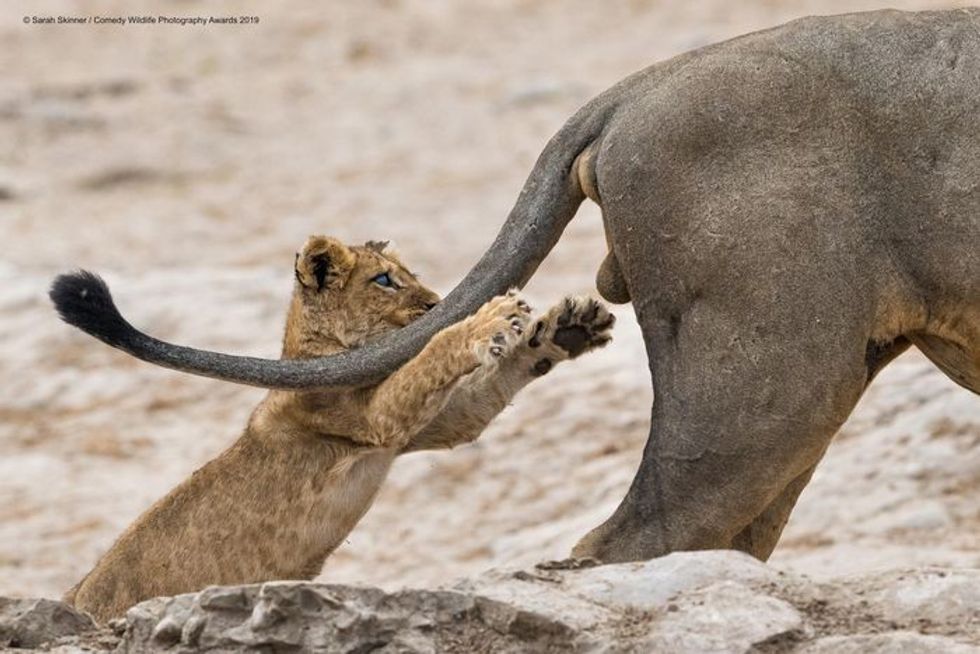 A young lion playing with an older animal
A young lion playing with an older animal A colorful bird appears to be yelling at it a friend
A colorful bird appears to be yelling at it a friend An otter appears like it's holding its face in shock
An otter appears like it's holding its face in shock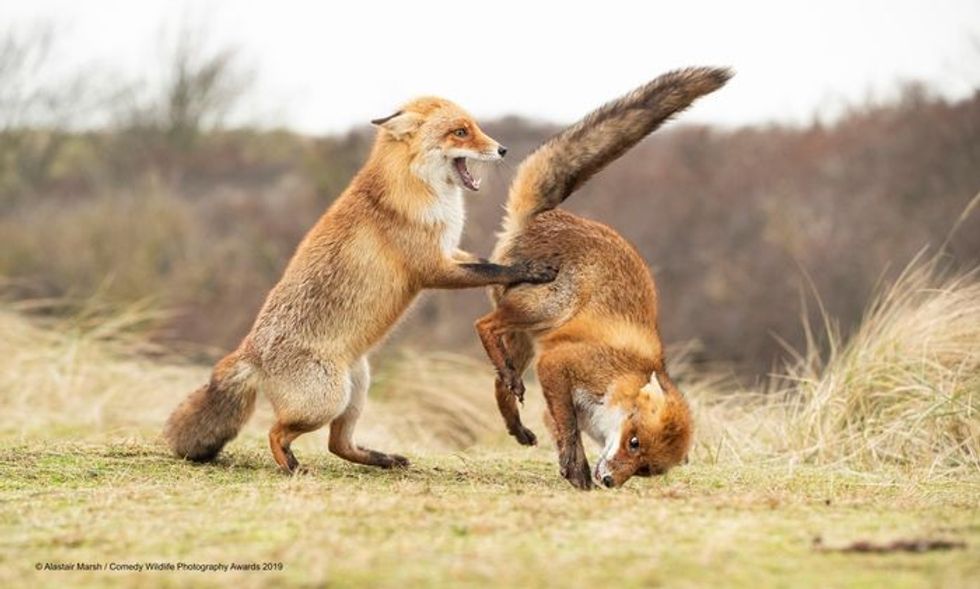 Two young foxes playing in the wild
Two young foxes playing in the wild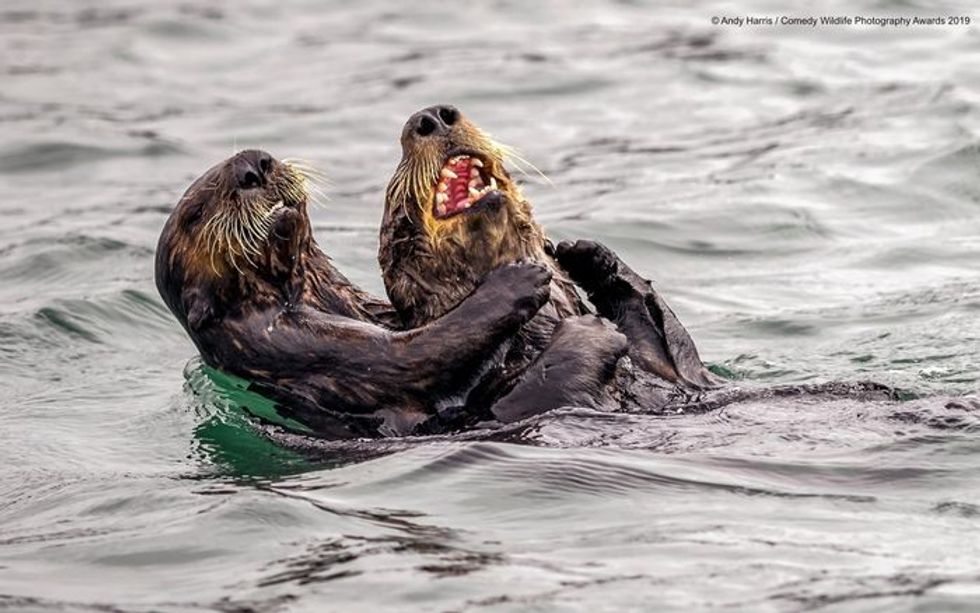 Two otters appear to be laughing together in the water
Two otters appear to be laughing together in the water A fish looks like it's afraid of the shark behind it
A fish looks like it's afraid of the shark behind it A bird appears to be ignoring their partner
A bird appears to be ignoring their partner A squirrel looks like it's trapped in a tree
A squirrel looks like it's trapped in a tree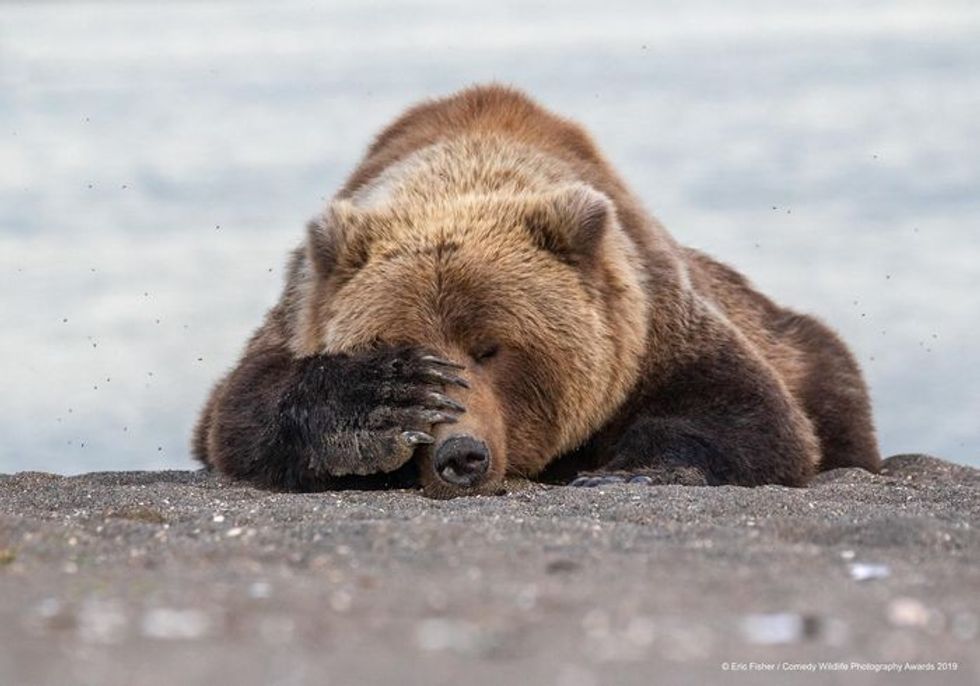 A bear holds hand over face, making it appear like it's exhausted
A bear holds hand over face, making it appear like it's exhausted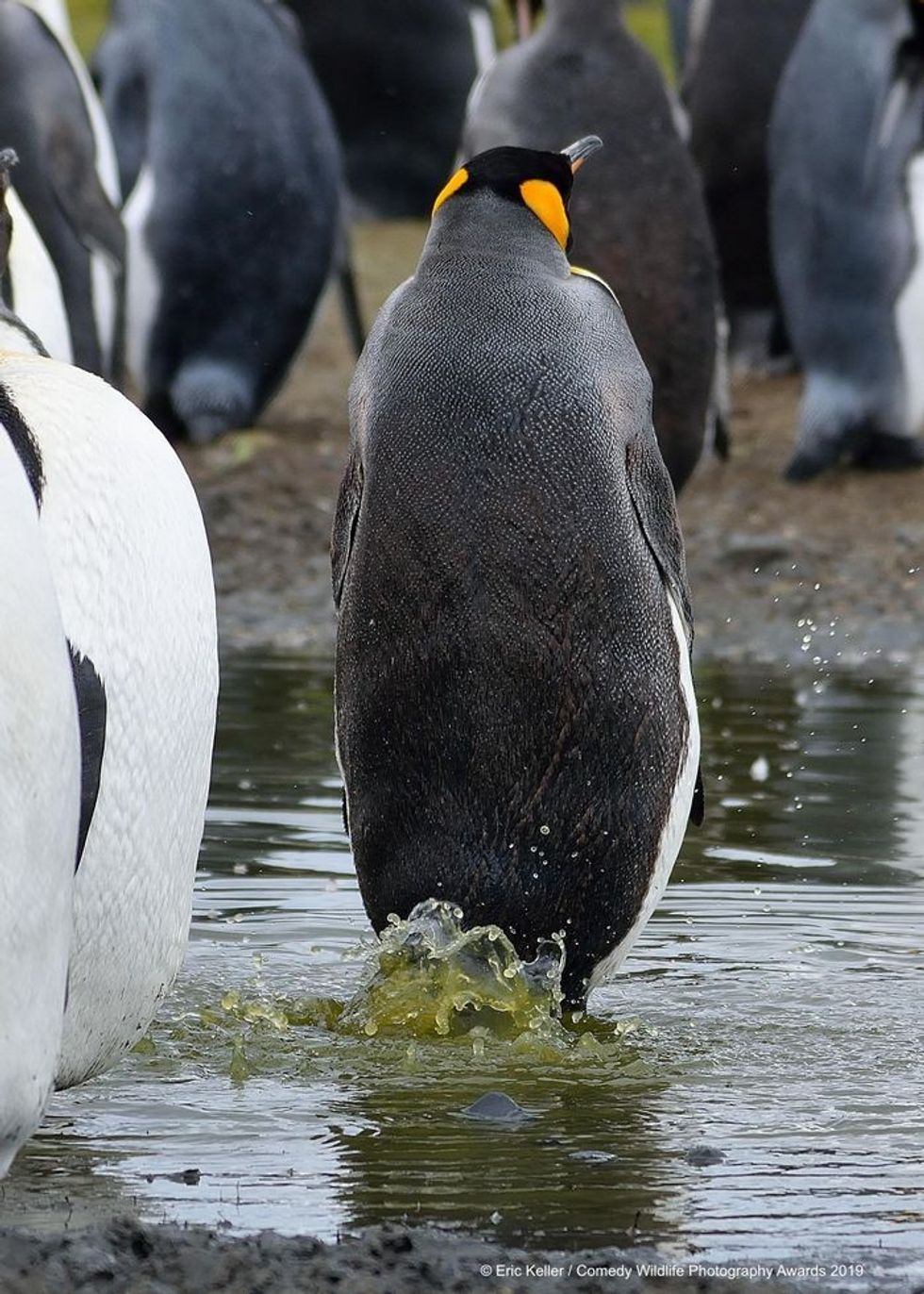 A penguin looks like its trying to appear inconspicuous
A penguin looks like its trying to appear inconspicuous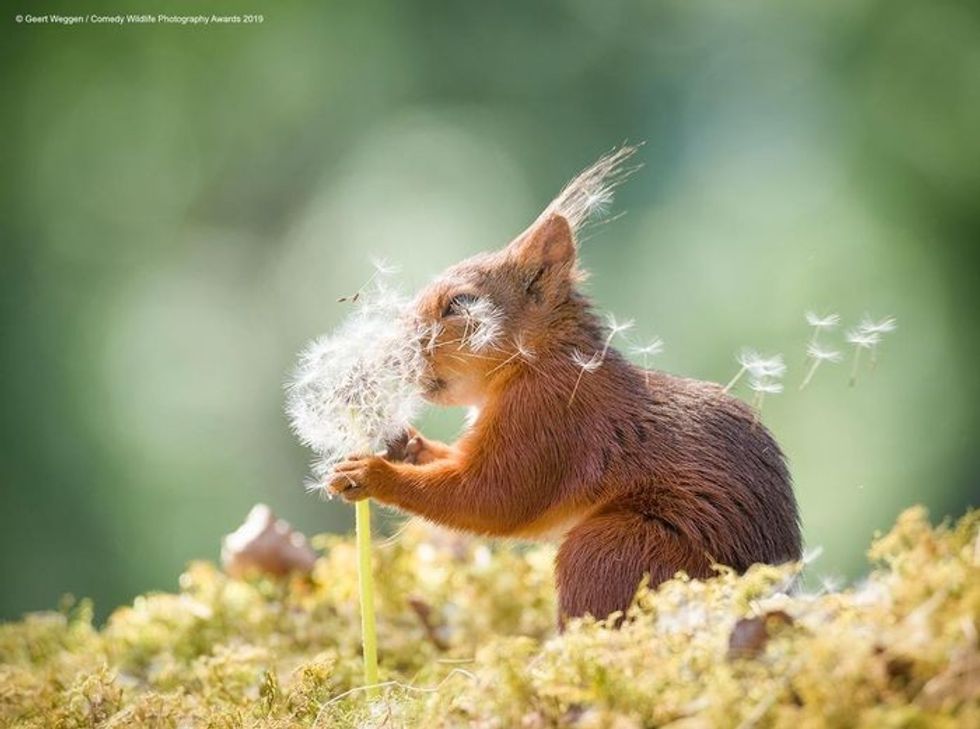 A young squirrel smells a flower
A young squirrel smells a flower An insect appears to be smiling and waving at the camera
An insect appears to be smiling and waving at the camera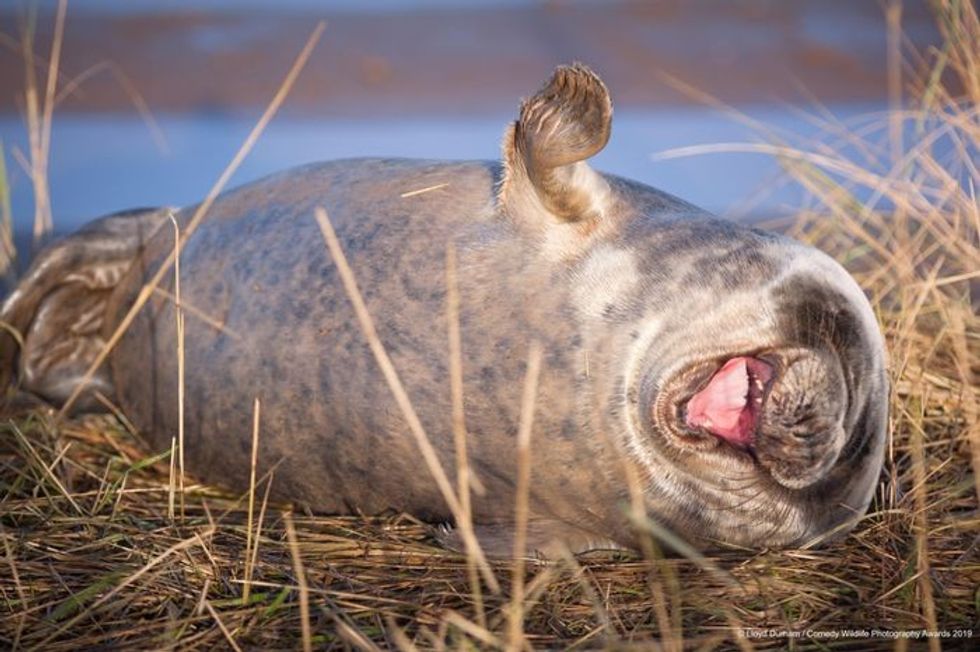 An otter lies on its side apparently cracking up laughing
An otter lies on its side apparently cracking up laughing Two monkeys caught procreating
Two monkeys caught procreating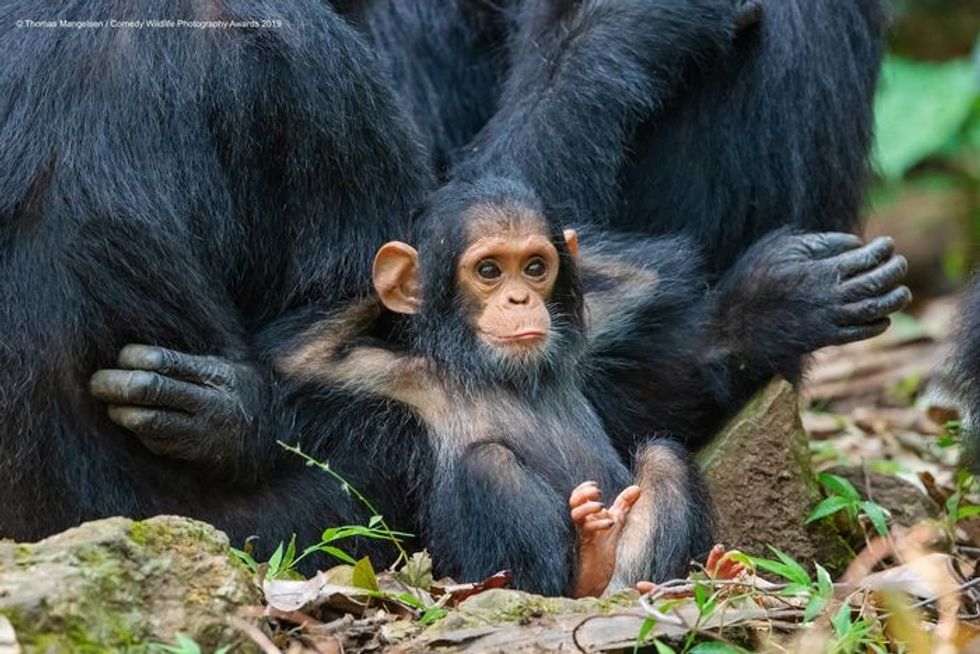 A young chimp relaxes with its hands behind its head
A young chimp relaxes with its hands behind its head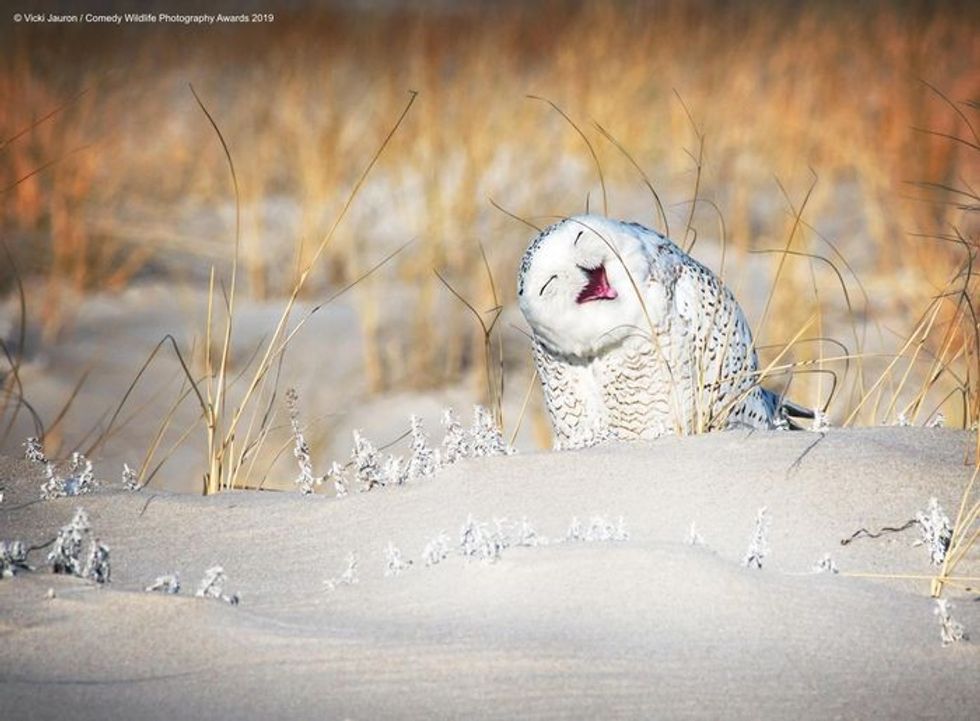 A snowy owl appears to be smiling
A snowy owl appears to be smiling  A monkey holds finger to face as if it's lost in thought
A monkey holds finger to face as if it's lost in thought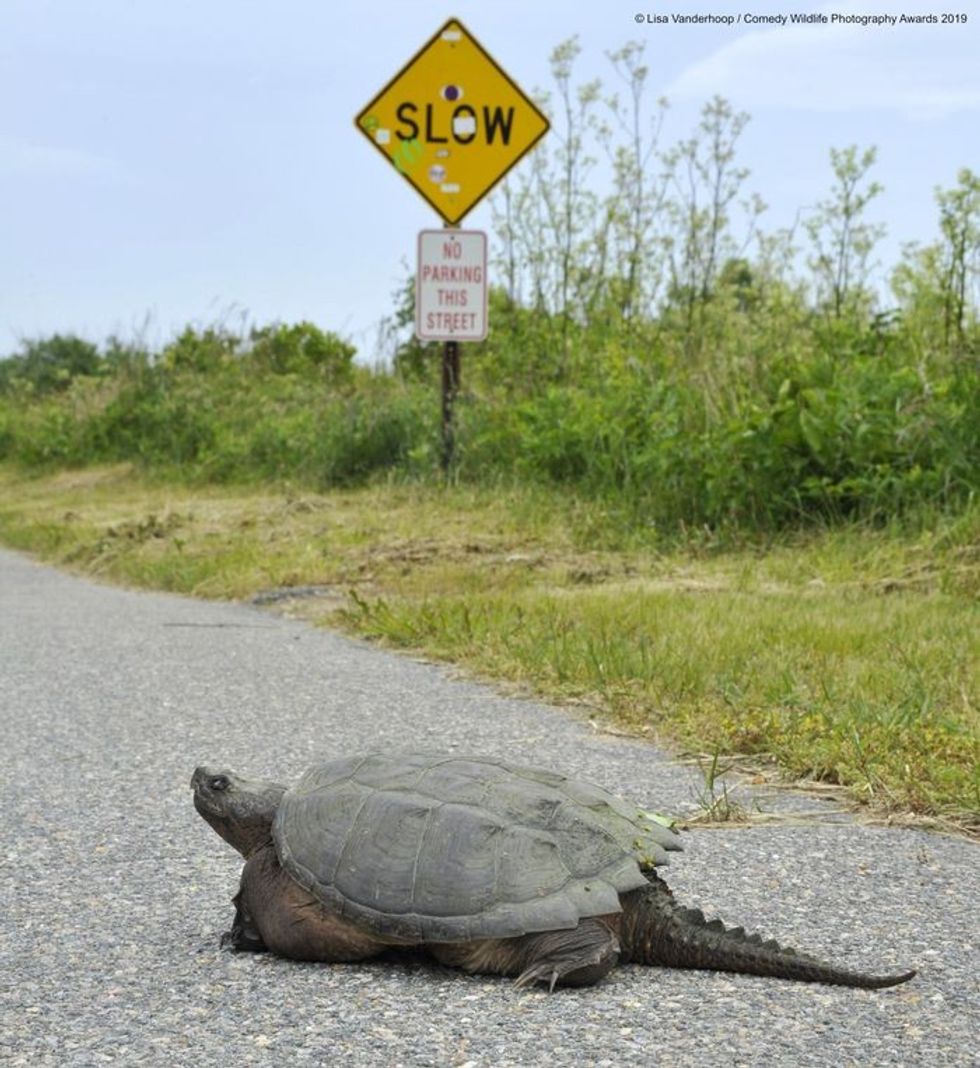 A turtle crossing the road under a 'slow' sign
A turtle crossing the road under a 'slow' sign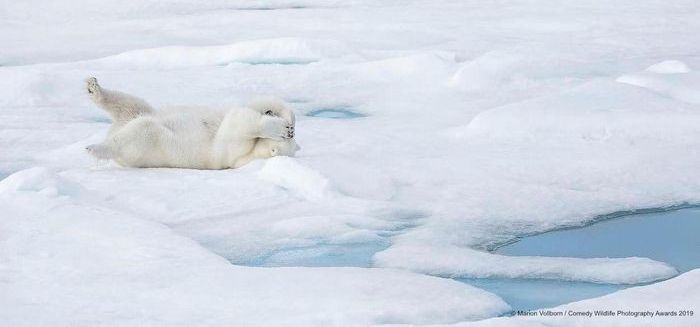 A polar bear lies on its back like it's trying to hide
A polar bear lies on its back like it's trying to hide A rodent strikes human-like pose
A rodent strikes human-like pose
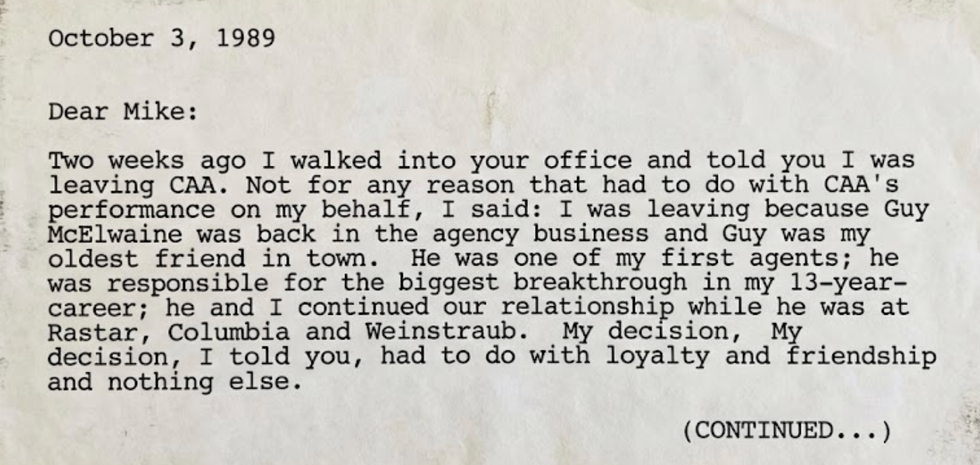 An excerpt of the faxCanva
An excerpt of the faxCanva

 Robert Redford advocating against the demolition of Santa Monica Pier while filming "The Sting" 1973
Robert Redford advocating against the demolition of Santa Monica Pier while filming "The Sting" 1973


 Image artifacts (diffraction spikes and vertical streaks) appearing in a CCD image of a major solar flare due to the excess incident radiation
Image artifacts (diffraction spikes and vertical streaks) appearing in a CCD image of a major solar flare due to the excess incident radiation